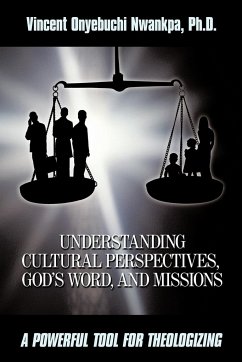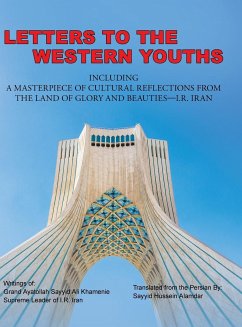Missiologists have realized that the Church must contextualize the gospel to make its message relevant to the receptors. Contextualization of a Christian faith enriches, encourages, and dynamically empowers any people group to respond meaningfully to the Scriptures. This book attempts to discover how to make the gospel and Christian truth culturally relevant to the Igbo and/or other cultural groups, while maintaining its supracultural status. Obviously, this establishes a foundation for Christian theologizing and Church nurture within the context of the peoples' worldview. The problem is that most churches in Igboland, and the ECWA Church in particular, have not realized the contextual relevance of the gospel. This book develops a descriptive analysis of God, spirits, sin, and salvation adapting Hohensee's model, "Range of Variation for Contextual Theologies." Hohensee's methodology makes allowance for the cultural and psychological differences unique to certain individuals as they interpret the Scriptures. The following assumptions are crucial to this study: (1) The Scriptures are the basis for all contextualization. (2) The worldview of a people is all-pervasive force that controls to a high degree the people caught in it. (3) A better understanding of the receptor's worldview can come about only by understanding the communicator's worldview. (4) Contextualization is the most viable option for the communication of the gospel. (5) The receptor's worldview must be the premise for all contextualization. This book concludes that the need for contextualization stems from a world that has many cultures, and which needs to hear the unchangeable gospel in a way that will fit each culture while still communicating the same truth. The themes of God, spirits, sin, and salvation are very relevant in both the Scriptures and Igbo society. God contextualizes his messages so should his messengers. In a society that is multidimensional, messages that meet multicultural needs are necessary.
Hinweis: Dieser Artikel kann nur an eine deutsche Lieferadresse ausgeliefert werden.
Hinweis: Dieser Artikel kann nur an eine deutsche Lieferadresse ausgeliefert werden.








